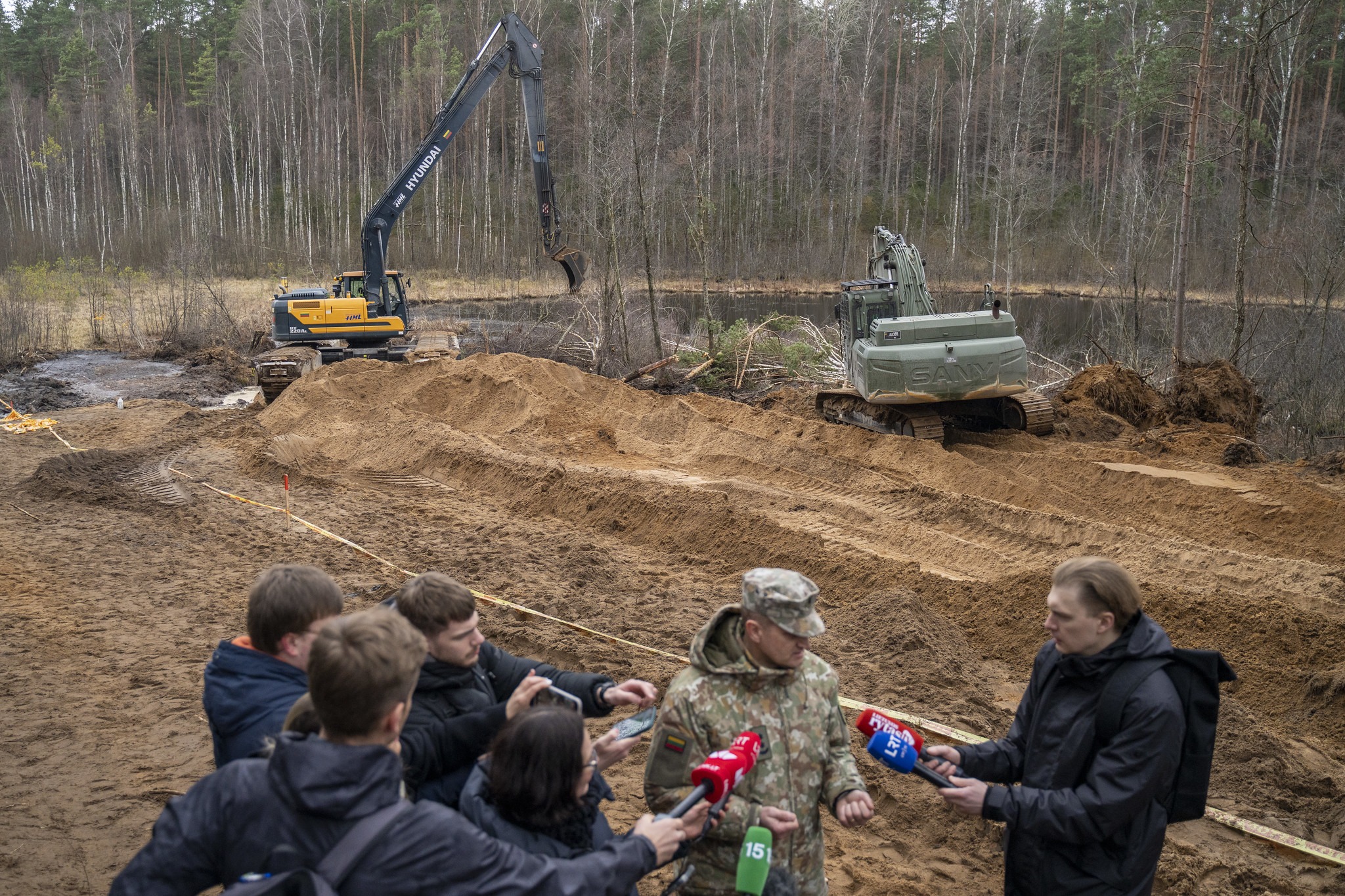
Main narratives:
- General anti-government sentiments;
- Scepticism towards NATO functionality;
- Malign Western influence.
Overview:
Following the successful recovery of the submerged vehicle in Pabradė, speculations and conspiracy theories quickly emerged across the Kremlin-aligned media this reporting week. Although Lithuanian authorities confirmed the operation’s success, they refrained from releasing details about the soldiers’ condition, citing an agreement that all information would first come from the United States. This limited disclosure sparked suspicion among the public, with critics questioning why updates were being withheld after previous briefings “had shared even minor developments”.
Pro-Kremlin outlets built on the uncertainty, accusing the Lithuanian government of deliberately concealing information and fueling narratives of mistrust. Some malign sources went so far as to declare the soldiers dead before any official U.S. confirmation or claims that there hadn’t been any kind of vehicle in the first place, and the whole story was staged. These narratives framed the Lithuanian authorities as secretive while suggesting a deeper, more sinister cover-up orchestrated by foreign powers.
The incident reignited long-standing narratives about Lithuania’s dependence on the West. Kremlin-aligned media revived the notion of the United States as a hidden “master,” implying that Lithuania is merely a “puppet” in its own affairs. By exploiting the communication gap, these outlets aimed to deepen public distrust, portray the government as powerless, and question the legitimacy of Lithuania’s strategic alliances.









